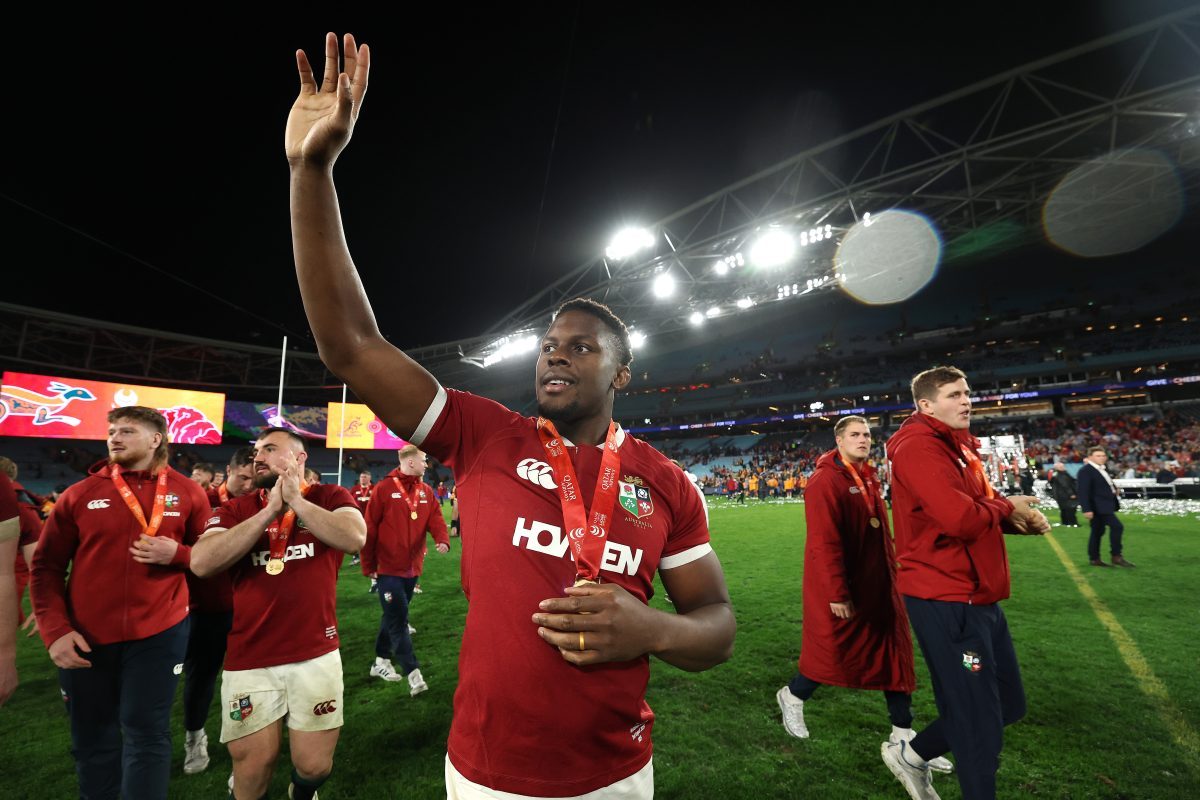Canterbury of New Zealand, a prominent name in the sports apparel industry, is confronting a significant challenge as global inactivity levels rise. According to the World Health Organization, by the end of the decade, an estimated 3 billion people could be insufficiently active, a startling figure that approaches the current global population outside of Asia. This trend has led Simon Rowe, vice president of sports marketing at Pentland Brands, to refer to it as a looming “horrible inactivity pandemic.”
The implications of this inactivity extend beyond health concerns; they pose a serious threat to businesses reliant on a vibrant sporting culture. Rowe notes that the participation rate among adolescents could soar to 80 percent being inactive, a statistic that raises alarm among major sporting brands, including Canterbury. With people becoming less sporty, the economic ramifications could be severe. The WFSGI Physical Activity Impact Report estimates the financial toll of inactivity could reach $300 billion globally.
Shifting Sponsorship Strategies
Rowe emphasizes the impact of declining sports participation on companies like Pentland. “If four out of five people aren’t doing sport, what does that mean for a commercial entity like ours?” he stated in an interview with City AM. He asserts that it is essential for businesses to broaden their focus beyond specific demographics or sports categories to ensure sustainability.
Traditionally, sponsorship deals have concentrated on media value and brand visibility. Rowe advocates for a deeper approach, stating, “The depth is what’s going to drive partnerships going forward.” He aims to forge both niche and expansive partnerships, highlighting the significance of storytelling in connecting with audiences. For instance, the partnership with the British and Irish Lions jersey exemplifies how strategic collaborations can enhance brand reach while fostering community engagement.
Commitment to Women’s Sports
Recently, Canterbury became the first brand to renew a sponsorship agreement with England’s top women’s rugby competition, the PWR. This initiative will provide all registered players with essential gear, including boots, addressing a critical need in women’s sports. Rowe proudly claims this partnership as one of their proudest achievements, reflecting the growing popularity of women’s rugby, particularly showcased by the success of the Red Roses.
“We’re rooted in rugby; if we don’t have the game, we don’t grow commercially,” Rowe explained. He underscored the importance of investing back into the sport, reiterating Canterbury’s commitment to enhancing player experiences while supporting the league’s overall growth.
Despite a global trend of rising inactivity, there remains a strong desire within the industry to encourage participation in sports. The principles of Environmental, Social, and Governance (ESG) practices, while facing scrutiny in the business world, continue to be relevant for brands like Pentland that thrive on an active population. Rowe warns that while the pandemic of inactivity looms, the consequences are already being felt, urging stakeholders to act swiftly to reverse this trend.
As Canterbury and its peers navigate these challenges, the need for innovative strategies and inclusive initiatives becomes increasingly critical. The focus on both engagement and accessibility could be the key to revitalizing interest in sports, ensuring a healthy population and a prosperous sporting industry for years to come.







